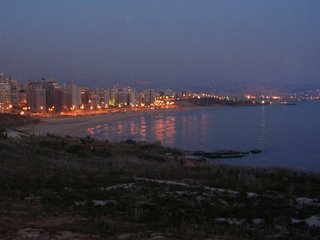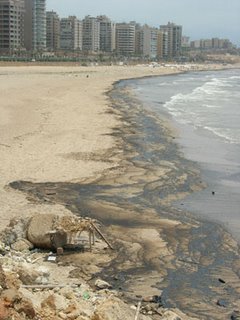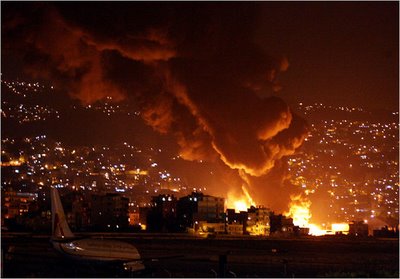I've honestly not been following the recent coverage--in the Times, in the D, on the blogs--of the "long and tedious havoc," to borrow a line from Milton, that has been continuing to unfold over the past two or three weeks. I'll do a little catching up now, maybe some later.
Sara del Nido wrote "
A Political Microcosm" for the D, in which she characterizes the defense of the constitution pretty accurately, I think:
Supporters of the constitution reply that the proposition is not a response to the particular claims of the three recently-elected trustees, but rather that it is a long-planned effort to, in the words of chairman William Neukom '64, create "a more democratic, more participatory form of alumni self-governance."
The latter part of this (everything after "not a response to the particular claims of the three recently-elected trustees") is quite true.
But more participation, even more democracy, does not mean more fairness. Peter Robinson made an egregiously hyperbolic comparison to Stalin, voting, and Eastern Europe sometime recently, but one need not be that dramatic to realize that the constitution can both successfully involve more people in the process of governance and also just as successfully constrict the way that participation functions. The board giveth, and the board taketh away.
What the constitution gives is a static, idle democracy that seems focused entirely on collecting inputs, without much thought given to how some outputs might be gotten out, or even what those outputs might be. Sure, the Constitution would likely introduce a broader level of participation in alumni governance, but I cannot help but think that breadth in this case precludes the addition of depth as well. I mean, I'd like to think that the new structure(s) introduced in the Constitution will allow a significantly larger number of people the chance to be creative agents in the process of alumni governance, but I'm not entirely convinced that will happen, and I'm not sure it's even intended to do so.
The presidential power arc (going from vice president to president-elect to president to past president) really bothers me because it is, quite simply, the most blatant sign that there is a massive distrust among the drafters of this constitution of the dynamics of personal choice. This complete lack of faith in the alumni body of Dartmouth College is what this structure, or any structure so ordered, reveals. The presidential power arc takes the elected candidate and just, well, sort of holds him/her for consideration for awhile, until s/he is either changed or at least influenced by those further up on the presidential ladder, or until his/her campaign platform has become less relevant or less important. It's a cooling method, and while insulation from the passions of an inflamed public can be a great thing in government, the iciness of this particular measure is, I think, a little out of proportion to the danger of the situation.
This all is essentially my response to Josiah Stevenson's defense of the Constitution, which can be found
here. Stevenson states, "The proposed constitution significantly improves the democratic processes of electing alumni trustees and creates a vastly stronger alumni organization." I have before
outlined why the second predicate bothers me, but the first predicate is the key here.
To reiterate: Yes, the Constitution does have measures in it that will increase democratic participation. But yes, it does have measures that are both unfair and pretty obviously designed to be so. To put it bluntly, this is democracy with a fudge factor.
But I am not at all of the opinion that this fudge factor is meant to advance a specific agenda—this is a defensive strategy, I feel, not an attempt at setting up a junta or an effort to carry Dartmouth to new heights/depths of imitating Harvard. I am sick of the conservative insurgents vs. liberal insiders rhetoric, and I'm sick of the conspiratorial accusations coming from both sides. I feel that this whole issue is just one big petty pity party, though not for people who really have any coherent vision of what they want Dartmouth to be, but rather for people who have one of two visions of what they desperately want Dartmouth
not to be. If it were the former—two groups of people who had actual, positive, albeit conflicting, visions of Dartmouth—I think we might actually get somewhere. But instead we have two competing Dartmouth Dystopias repelling people into two camps whose only internal cohesion comes from the fear and repugnance of a common bugbear.
C'mon Dartmouth, we can do better than that.






